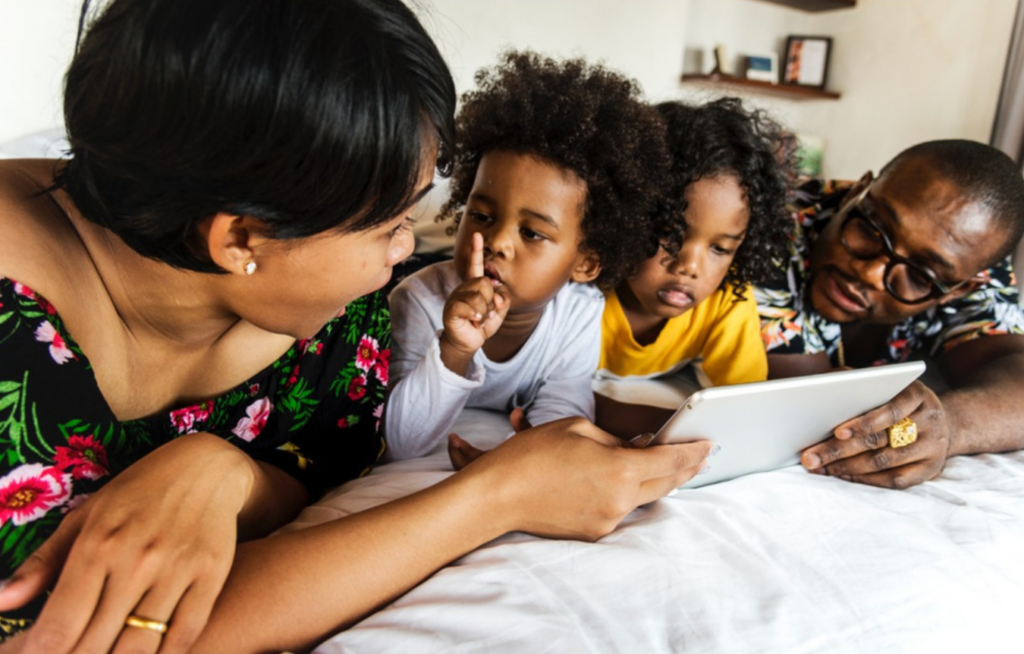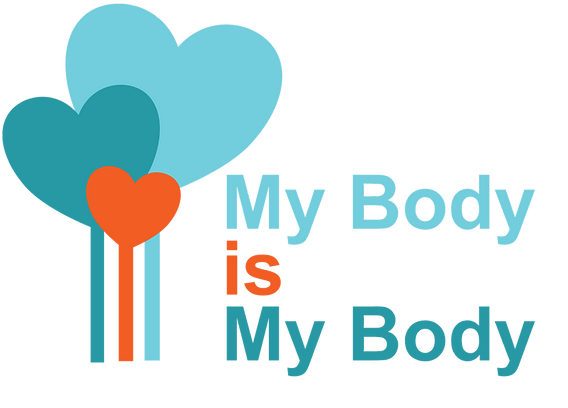Keeping Children Safe On The Internet

Most children are spending more and more time on the internet – so it is imperative that we keep them as safe as possible. The internet provides children with opportunities to learn, and connect with family which at this time is such an important thing to do. The internet can help children improve numeracy and literacy skills and it also helps them to develop their fine motor skills as well as having fun and developing their creativity.
Suggestions on what to do!
‘SafeSearch’ function:
On your search engines, you will find a ‘SafeSearch’ function, which will allow you to limit the content your child is exposed to whilst online.
Parental controls:
Make use of the parental controls available on your home
broadband and any internet-enabled device in your home, laptop, phone or iPad. Supervise your child while they’re online:
Keep the devices your child uses in communal areas of the house such as in the living room or kitchen where an appropriate adult is able to supervise. It is not safe for young children to access the internet unsupervised in private spaces, such as alone in a bedroom or bathroom.
Explore apps and the internet together:
Ask your child to show you their favourite websites and apps and what they do on them. Please check on these apps to make sure they are safe and if you can add any parental controls to them. You will be able to find a great deal of information on the internet about certain apps. Please check to see if they are safe for your children to use.
Make sure you keep the lines of communication open with your children about anything that makes them feel uncomfortable on the internet.
Talk to your child about how their online actions can affect others:
If your child is engaging with others online remind them to consider how someone else might feel before they post or share anything. If they are sharing a photo or video of somebody else, they should always ask permission first. If they are saying something mean, point out that this will be on the internet forever so think very carefully before putting a post online.

Safety Rules and discussion points:
- Don’t ever share your full name or address online with anyone Don’t ever arrange to meet anyone from the internet
- Don’t ever share your passwords
- What is or isn’t okay to share online?
- Ask your child to talk to you if they see something unreliable or untrustworthy or something that just doesn’t feel right on the internet.
- Talk about who it is safe to talk/chat/play games with online.
- Do we only know them online, or offline too?
- Being a good friend when we are online – what kind of things we shouldn’t be saying?
- Remember…. whatever you put online is there forever
Contact:
It is a good thing to explain to children that new friends they make online may not be who they say they are. So ask them to be careful who they add to their personal accounts. If your child does not know the person from school – it would be a good idea to check out the profile yourself to make sure the account is genuine.
Regularly review your child’s friends lists and remove people that you are unsure of.
If you have concerns that your child has been subjected to inappropriate sexual contact by another person, it’s vital that you report it to the police.
Children may be inadvertently led to spending money online through different advertising or marketing schemes within the apps they are using.
Make sure you turn off in-app purchases or you may end up with some unexpected bills.




Responses